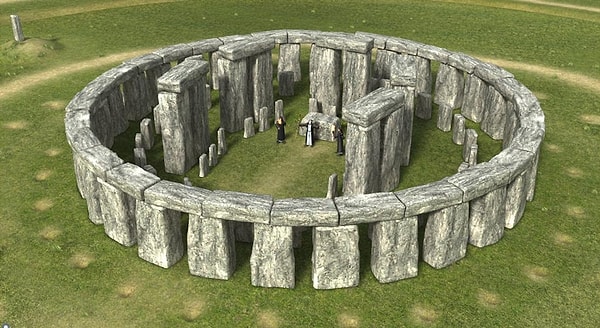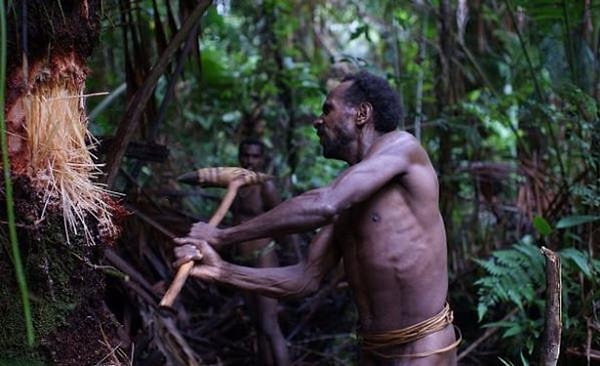What Fossilized Human Poop Reveals About Ancient Civilizations
Even princesses have to go, but not all poop is created equal! Fossilized human excrement, preserved for centuries, offers us incredible insights into the lives of ancient civilizations. Curious about what these ancient remains can tell us? Let's dive into the surprising information these ancient relics have brought to light about our past!
Yes, everyone poops. But don’t dismiss it just because it's poop!

Feces carry crucial information about the human body. When you experience diarrhea or constipation, you realize the value of a normally functioning digestive system. However, the importance of feces goes beyond just providing information about our health.
Over time, some feces become fossilized and turn into a substance called "coprolite."

Coprolites shed light on critical details such as what people ate and the parasites that existed in their era. Let's explore the truths revealed by fossilized feces discovered so far.
Fossilized human feces have revealed that intestinal parasites were quite common in the ancient world.

For example, some feces examined in Jerusalem were found to contain parasites responsible for 'traveler's diarrhea.' It is believed that these parasites may have come from raw or undercooked meat, which was common at the time. Poor hygiene conditions also played a role in the spread of these parasites.
It was once thought that the first people arrived in America 13,000 years ago.

However, feces have shown that the first humans arrived in the United States 14,500 years ago. According to an article in Science magazine, the fossilized feces discovered in 2012 are described as 'the oldest directly dated human remains (DNA) in the Western Hemisphere.'
Stonehenge construction workers feasted on meat-filled banquets during the winter months.

The Neolithic-era Stonehenge wasn’t the only thing left behind by people of that time. Fossilized feces revealed that the construction workers ate undercooked meat filled with parasites and worm eggs. For them, this was considered a feast.
Feces analyzed in Puerto Rico showed that people consumed maize, potatoes, chili peppers, peanuts, cotton, and tobacco.

It’s not entirely clear how people consumed cotton. Some researchers believe they consumed cottonseed oil, although it’s worth noting that cottonseed oil has a bitter taste. Others argue that cotton wasn’t eaten but that women who wove cotton fibers used their saliva to prepare the raw threads.
In our current diet, we consume 20 to 30 times less fiber than people did in past years.

Analysis of fossilized feces dating back to 1150 AD and earlier shows that people of that time had diets rich in pears, various seeds, and healthy flours. Compared to previous years, the consumption of fiber-rich foods today is significantly lower.
Our ancestors didn’t just eat fiber-rich foods; human flesh was also part of their daily meals.

The debate over whether people were cannibals during the Mesolithic era continues. However, fossilized feces dating back 9,000 to 12,000 years, found deep within a cave in Alicante, Spain, provide evidence that people were indeed cannibals. Some fossilized human feces contained human bones, with noticeable bite marks and scrapes on them.
Keşfet ile ziyaret ettiğin tüm kategorileri tek akışta gör!


Send Comment